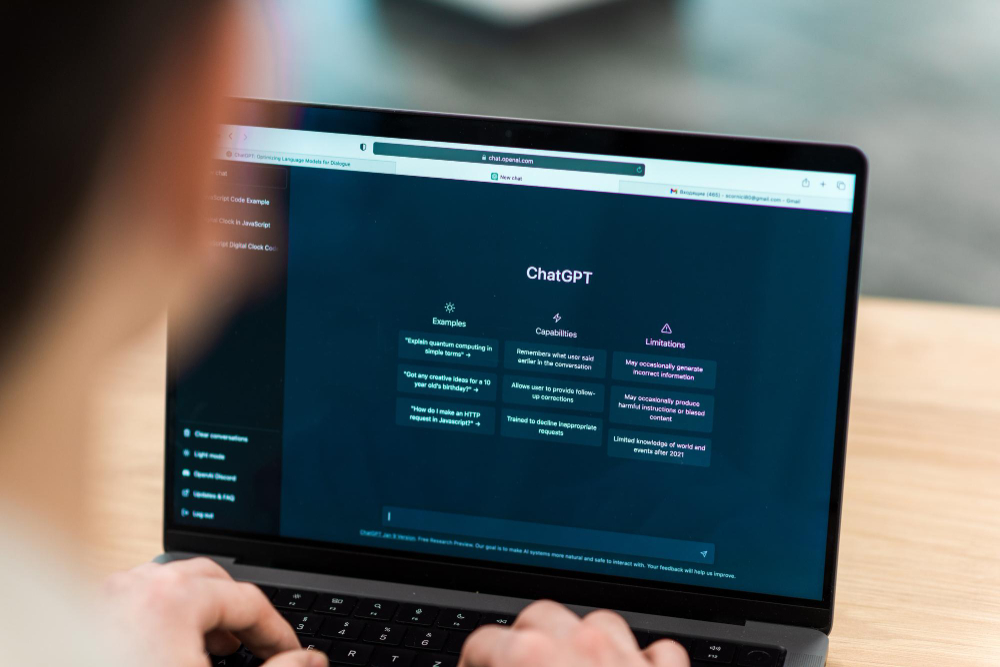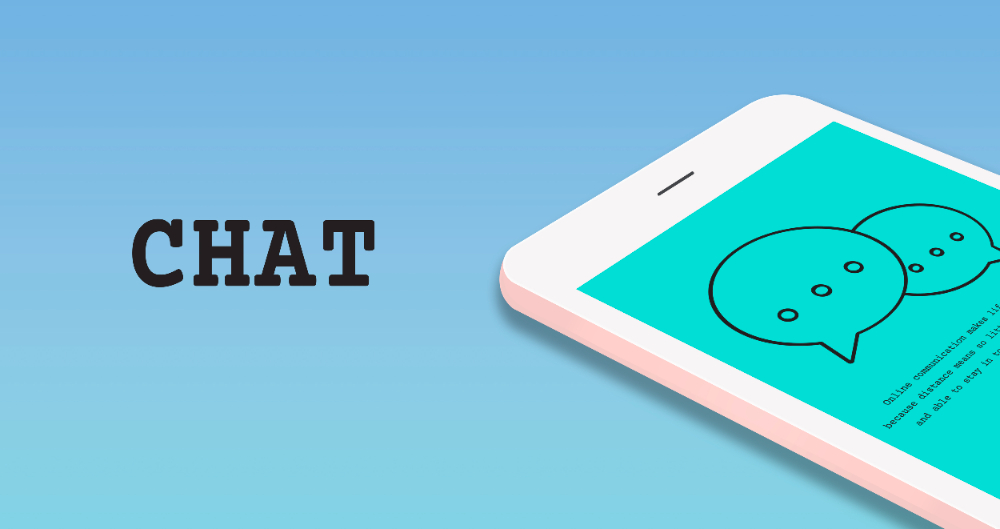- Allows spontaneous meetings where you can have friendly and random conversations with your colleagues and peers.
- Free to use and present in the form of Chrome extension.
- You don't need to communicate every time, just wave to each other and like each other's messages if you don't have time to chat.
- Don't need to open multiple tabs for communication and meeting with your virtual team.
- Not available yet in the form of an app.
- No video meeting or audio recording feature is available.
- Experai Serious About AI Engagement? Dive into Experaicom’s Knowledge-Sharing Ecosystem!
- Bloks Bloks: The AI-Assisted Sidekick for Your Professional Relationships
- Taskade Seeking Real-Time Collaboration Tools? How Does AI Fit In?
- Dive AI 7 Strategies for Maximizing Productivity in Virtual Meetings
- Meet Quo Are you Tired of Face-to-Face Online Meetings? Try Meet Quo!
- Cmaps CMAPS: Transform your Note-Taking for Enhanced Learning
- Slack What is Slack and How to Use it? Review of 2025!
- Cosmos No More Scheduling: Cosmos for On-Demand Collaboration
- SuperManage.ai SuperManage Review – AI Tool for Managers!
- Book Crossing Looking for a New Reading Adventure? What’s BookCrossing About?
- Easynote Easynote: The 6-in-1 Tool for All Your Work-Related Tasks
- GitMind How to Make a Mind Map Online with the help of AI?
- Tabhub 9 Essential Strategies for Effective Browser Tab Management
- Project Planner Best AI Tool for Project Planning and Execution in Companies
- Findly Don’t Guess, Analyze: Unleash the Power of Data with Findly’s Intelligence Solutions
- Meeting GenAI AI-Powered Meeting Notes: How Otter AI Transforms Your Workday
- MeetGeek Streamline Your Meetings: A Guide to MeetGeek’s AI Meeting Assistant
- Lotse AI Best Free Product and Project Management Tool Every Business Should Try
- BugHerd How to Handle Web Development Clients and Issues Effectively?
- Join-Assembly Simplify Employee Rewards with Join-Assembly’s AI Features
- Excalidraw Work on Your Ideas First, Share When Ready: Excalidraw’s Private Whiteboard Canvas
- Zoom Whiteboard Boost Creative Output: Brainstorm & Refine Ideas Seamlessly with Zoom Whiteboard
- ReviewStudio Simplify Approval Processes: ReviewStudio’s Annotate-and-Approve Platform
- FlexClip From Beginner To Pro: Create Captivating Videos With FlexClip’s Powerful Editor & Assets
- Webflow Team Up, Thrive Online: Webflow Simplifies Collaboration and Boosts Website Success
- Edtools Navigating the Digital Classroom: Streamlining Teacher-Parent Communication
- Hive Index Connecting Minds: Explore a Universe of Communities Tailored for You
- Google Classroom Google Classroom 2024 Review: Give Online Classes to Students
- Vocol.AI Slash Meeting Prep Time In Half With Vocol.AI’s Instant Voice-to-Text Conversion
Table of Contents
“Creativity comes from spontaneous meetings, from random discussions”. -Steve Jobs
Let's suppose it is your first day as a teacher in a school. You went into the teachers’ room where a few staff members were sitting. One is having the same journal as you have. So, you smile at them and mention this thing to them. They will also smile at you and you will have a small chat about journaling and teaching. Now, you enter the classroom and ask students to introduce themselves. They will give a brief introduction where they can mention their likes and dislikes. You are observing their facial expressions, their dress and various personality aspects. These aspects are silently talking to you about the students that can help you in making a personalized curriculum for each one.
Now, let's come to another scenario. You have gone to visit a Snickers shop. There, you find your teacher who is also buying Snickers. You both have a small friendly chat with each other about types of Snickers, running and its benefits. This friendly conversation will build a strong relationship with the teacher and it also gives them an idea about your personality.
These all are instances of spontaneous meetings and random discussions. You have noticed how these meetings are helping students and teachers to form a relationship and know about each other.
Some tech experts acknowledge the importance of spontaneous conversation and create a tool that is known as NextPage. This tool allows you to have some online spontaneous meetings.
The Importance of Spontaneous Meetings
Research told us that 27.3 percent of all meetings are spontaneous and unplanned. The stats of 2024 told us that an average person attends 17.1 meetings per week. It means employees are attending 4.7 spontaneous meetings per week.
Experts do more research on it and find that these random discussions enhance productivity, creativity, collaboration and communication skills in a person. They are more effective and light-hearted than planned meetings.
For example, in a school, students sit with each other during lunch and talk to each other about their interests. They wave to each other while going into and out of the classroom. They smile at each other when they sit together in the classroom. These random and spontaneous discussions play a major role in keeping their mind active and productive throughout the long and tiring day at school. They build friendships on the base of their interests and these friendships help them in decision-making and tackling problems.
Moreover, in a workspace, colleagues talk about the problems they are facing while having their lunch. In this random discussion, they can get ideas and insights from their other colleagues that can help them in problem-solving.
Or, you are working on your project in the office and someone taps you on your shoulder. They want a quick minute from you to discuss a problem. This small conversation can be helpful for both of you regarding productivity and problem-solving. Wall Street Journal, New York Times and Financial Times also acknowledge the importance of these small conversations in our daily routines.
Due to its importance, the SINTEF team explores how remote IT workers do spontaneous conversations. They acknowledge that these types of conversations are crucial in academic and office life so they wanted to know how these workers are integrating it in their lives. They observed two teams of software developers at NAV and Entur AS.
They found that these teams are using different virtual spaces such as Zoom and Discord to have a quick chat with each other. They are using various apps such as Slack for one-on-one communication or small group discussion.
The Concept Behind the NextPage
The tech team of NextPage found the idea of this tool when they were in lockdown. The whole world was working remotely, fighting with loneliness and trying to remain productive. The owner of the tool acknowledged that his productivity level is at its lowest. When he censored his condition, he realized that in his office, he used to move around a bit and have a small chat with colleagues asking about their tasks. This keeps his energy level high all day.
Though he spent half of the day on Zoom, Slack and Telegram, he was unable to have those spontaneous and random conversations. Juggling in between different tabs and tools for communication, he was getting overwhelmed. Different tabs were opened on his computer and he was unable to manage them effectively. So, the idea of NextPage came to him in this condition.
He created a Chrome extension website that enables remote workers to develop friendships, find something in common with each other and generally feel less lonely. You don't need to go on different tools and tabs to do spontaneous conversations.
How Does NextPage Work?
The first thing you need to do is to download the Chrome extension. With it, you should pin it to the sidebar. Now, make your account on it through email or Facebook. When you make the account, it will ask you to create your channel.
You need to create a space on it and send the invitation link to your colleagues, friends and peers. Teachers can share the link in Zoom and Google Classroom so that the whole class can join it.
Now, whenever you visit any page, let's suppose you visit the Medium app for reading articles, the extension will tell you who else from your connections is visiting this app and reading articles from it. You can wave or start chatting with them. In this, you don't need to leave your web page.
Key Benefits of NextPage
You can have random and friendly conversations or meetings with your colleagues or class fellows. Unlike other apps, it provides you an opportunity to converse with your fellows.
For example, you visit FutureLearn to start any MOOC course. NextPage tells you that one of your class fellows also visited this page a few hours ago. You can converse with them on the app, asking them about the course and whether they like it or not. In this way, you get a friend for an online course. It solves your problem and enhances the collaboration and friendship among your peers.
Similarly, you are eyeing an Amazon product to buy. You saw that one of your colleagues has also visited the page. The next day, you can start a conversation with that colleague regarding that Amazon product. It will not only enhance your information but can provide you with an icebreaker for communication.
The best thing is that you don't need to communicate every time. You can just wave or like other people's comments to show friendliness online. Moreover, you don't need to close your tab to use this platform.
Current Situation of NextPage
Currently, the Chrome extension is not launched. They have closed the app and are soon going to re-launch it. So, you can provide your email, name, Twitter or LinkedIn link to it so that it could email you when they would launch the app.
Conclusion
Spontaneous meetings are a crucial part of offices and schools. Without these, we barely can remain active, creative and productive. That's why, a lot of people feel frustrated and less productive in the Covid era. To solve this case, tech experts have launched NextPage. This app is helpful for everyone as they can turn their colleagues and peers into friends and remain in contact with them. This is especially helpful for those teams that are working remotely or those students who are enrolled in online classes.

































Comments are closed.